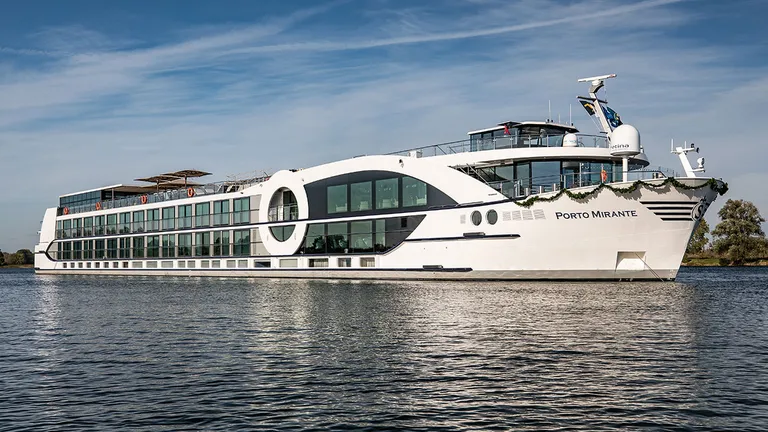When most people think of cruising, their minds immediately jump to massive ocean liners with endless buffets, sprawling pools, and itineraries that span seas. Yet in recent years, a quieter and more intimate alternative has been steadily winning over travelers: river cruises. Unlike traditional cruises, these journeys trade size for depth, focusing less on floating entertainment complexes and more on immersive cultural and scenic exploration.
The appeal lies in the pace. River cruising is designed for travelers who want to slow down and experience destinations up close. Instead of spending days at sea between ports, river cruises glide along waterways that cut through the very heart of historic towns, vibrant cities, and pastoral landscapes. Passengers often step directly off the vessel into the center of a destination, eliminating the lengthy transfers associated with larger ports. This immediacy creates a sense of connection that is difficult to replicate in other forms of travel.
Another advantage is the scale of the vessels. River ships are intentionally smaller, often carrying fewer than 200 passengers. This creates a more personal environment where travelers can engage with fellow guests and crew in meaningful ways. For those who find large ships overwhelming or impersonal, the cozy atmosphere of a river cruise provides an appealing contrast. The limited size also allows ships to dock at places inaccessible to ocean liners, opening doors to lesser-known gems and hidden corners of Europe, Asia, and beyond.
From a practical standpoint, river cruising offers convenience that can ease the stress of travel. Accommodations, meals, and transportation are all bundled into one experience, with the added benefit of only unpacking once. Daily excursions, often led by knowledgeable local guides, provide curated experiences without the hassle of planning every detail independently. For travelers who value efficiency without sacrificing authenticity, this balance can make a river cruise a surprisingly smart choice.
Culinary experiences are also a defining feature. Many river cruises emphasize regional cuisine, incorporating fresh local ingredients sourced along the journey. This adds another layer of immersion, turning meals into opportunities to discover the flavors of each destination. Whether it is sipping Riesling along the Rhine or sampling traditional Hungarian dishes in Budapest, food becomes a cultural bridge that enhances the overall experience.
Sustainability has also become an important consideration in modern travel, and river cruises tend to have a smaller ecological footprint than their ocean-going counterparts. Their smaller size means lower energy consumption, and many operators have adopted environmentally conscious practices such as reducing single-use plastics and using cleaner fuel technologies. For eco-conscious travelers, this can add another layer of value to choosing a river voyage.
Financially, river cruises can appear more expensive upfront than traditional vacations. However, many travelers find that the inclusive nature of the experience often makes it worthwhile. Accommodations, meals, guided tours, and transportation between destinations are typically covered, reducing the number of surprise expenses along the way. When weighed against the combined costs of hotels, dining, and transit on a land-based itinerary, river cruising can be an efficient way to experience multiple destinations in a single trip.
Perhaps the most significant reason river cruises are gaining traction is the changing mindset of travelers. More people today are seeking meaningful experiences rather than sheer quantity of sights. The idea of “slow travel” has grown in popularity, emphasizing quality, connection, and cultural understanding. River cruises fit perfectly within this philosophy, offering a chance to appreciate destinations in a more intimate and deliberate way.
In the end, river cruising is not about extravagance or spectacle. It is about perspective. It is about trading the rush of airports and the anonymity of giant resorts for the calm of gliding along a river, with time to notice the details: a vineyard on a hillside, the spires of an ancient church, or the laughter of children playing along the banks. For many modern travelers, this shift toward depth and connection is exactly what makes a river cruise a smart choice for their next adventure.

























